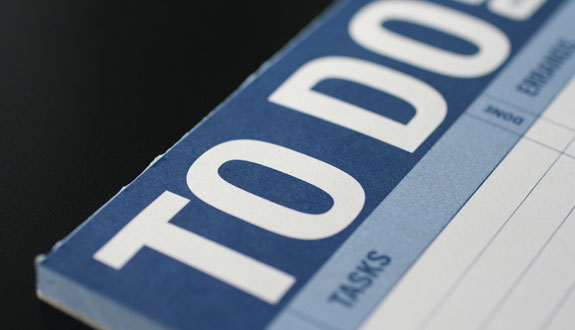You’ve invested in LSAT prep online, spent an embarrassing amount on fancy lattes to get you through study sessions, registered for the LSAT … and your next step is sending off your applications, right? Unfortunately, no. There’s one more step: registering for the CAS.
CAS? Who even is she? Or it? A law school? Not quite — CAS actually stands for “Credential Assembly Service.” That’s basically just a fancy way of saying, “It’s how LSAC will send your information to schools.” CAS is how LSAC makes applying to law school “easier” for students. They will summarize your grades, compile your letters of recommendation, and send everything in one big report to each law school you apply to. You don’t have to do anything (except pay a kingly ransom)!
Here’s the rundown on the most important things you need to know about CAS and what it includes:
1. Academic Transcript
You will need to request transcripts with your grades from every higher education course you took before getting your undergraduate degree. Each institution you attended or took classes at will need to send these transcripts to LSAC. This includes grades from dual-enrollment community college courses (even if you took these classes in high school), transfer institutions, study abroad programs, and summer school.
LSAC will then calculate these grades into an “LSAC” GPA. Fun fact: if you were lucky enough to attend an institution with “A+” grades, that’s weighted at a 4.33, much to the chagrin of everyone who didn’t attend an A+-granting institution.
2. Letters of Recommendation
Does anyone remember applying to college? If not, here’s a refresher: you generally “waived” your right to view your letters of recommendation and they were sent directly to the College Board (wow, throwback). The same applies to law school admissions — this time with LSAC.
You may be thinking, “But how can I send LSAC my letters of recommendation without looking at them?” Thanks to CAS, all you will need to do is enter your recommenders’ information such as their names and email addresses, and LSAC will send them instructions on how to send in their glowing recommendations. Worry-free and easy!
Sign up to get expert tips and exclusive invites to free LSAT classes and law school admissions workshops!
3. Cost
A CAS subscription costs $200. A CAS subscription remains active for five years and includes the following:
- Transcript summarization
- Creation of your CAS Report
- Letter of recommendation processing
- Electronic application processing for all ABA-approved law schools and some non-ABA-approved schools
Purchasing a CAS report will cost you $45. You will need to purchase a CAS Report for each law school to which you are applying, even if you’re just reapplying.
A CAS report includes:
- An Academic Summary Report, which includes all of your undergraduate work, including any work completed at a graduate, law, or professional school prior to the granting of your four-year undergraduate degree.
- Your LSAT scores and writing sample(s).
- All undergraduate, graduate, and law/professional school transcripts.
- Your admission index, if the law school has requested one.
- Letters of recommendation
- Other relevant information
Do I actually have to buy this?
The short answer is yes. The majority of law schools do require applicants apply with CAS. So, in order to apply to most law schools, you will need to purchase CAS.
What does this not include?
Mainly, application fees. Essentially, these fees simply include transcript summarization and letter of recommendation compilation. (Unfortunate fact: This means that the CAS fee does not also include a puppy to provide emotional support during this stressful time. We know, sad.)
Long story short, you will need to purchase CAS in order to apply to any law school. It’s probably in your best interest to do so sooner rather than later. This way, you can submit your transcripts and letters of recommendation as soon as possible.
Although this can be a stressful and expensive process, think of the upside: CAS makes the application process easier for you! We love easier. Imagine having to summarize your own transcript for every school you apply to — that would be a nightmare. So, make sure those transcripts are ready to be sent and your recommenders are writing letters that explain just how great you are. Soon enough, you’ll be a law school applicant!




